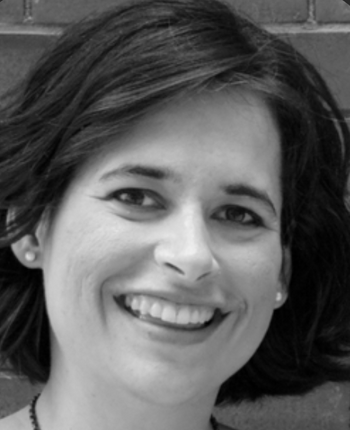Constitutional lawyer: gay marriage ruling threatens religious colleges
Gene Schaerr is a D.C.-based attorney specializing in constitutional law.
At a panel discussion Tuesday, he warned that many state employment laws do not have strong religious protections.
The recent Supreme Court opinion threatens the operations of religious colleges, according to a constitutional lawyer.
“If same-sex marriage is really the law of the land, if it's really constitutionally required, isn't there a risk that accrediting bodies are going to start pressuring religious colleges to recognize same-sex marriages for all purposes on their campuses as a condition of accreditation?" constitutional lawyer Gene Schaerr rhetorically asked Tuesday in his analysis of Obergefell v Hodges.
Schaerr, a Washington DC-based attorney specializing in constitutional law who previously clerked for Justice Antonin Scalia, was speaking at “ Marriage at the Supreme Court: Post-Decision Analysis,” at the Heritage Foundation in Washington DC.
The panel also featured Ryan T. Anderson, a Heritage Foundation research fellow known for his research and writing on marriage, and Judicial Crisis Network Chief Counsel and Policy Director Carrie Severino. Roger Severino, director of Heritage’s DeVos Center for Religion and Civil Society and Carrie’s husband, served as moderator.
Schaerr said that the policies for the “special housing” for students “married in accordance with the beliefs of that particular religious college” will also be a “serious issue.”
Though he said that the federal religious exemption is “pretty good,” he warned that there are “a lot of state employment laws that do not have similar religious exemptions and so religious organizations in those states are going to face a serious issue as to what extent they can apply religious criteria” towards hiring employees.
"I think it is import to continue to press for laws at both the federal and state level that will protect the religious liberty of believers, both individuals and institutions, from the various and obvious problems that the Obergefell decision creates,” said Schaerr.
In an interview with Campus Reform, Schaerr said that “most public universities have already adopted policies that treat same-sex couples essentially the same as opposite-sex couples, so for them it is probably not much of an issue.”
“The bigger issue for public universities is what they do with students who adhere to the traditional view of marriage and who want to be able to have student groups that advocate that position,” said Schaerr.
According to Schaerr, most nonreligious private colleges have adopted policies similar to their public counterparts regarding same-sex couples. He said that private institutions without an official religious affiliation or explicit religious mission that have not adopted these policies will likely “face the same kinds of issues that religious schools do” but would have a “hard time” making a similar religious freedom defense.
“I think that it’s a scary dilemma that schools are going to be facing. Christian and other religious organizations are going to want to stand their ground and the government, especially with the Obama Administration, is going to be pushing the same-sex agenda,” said Caleb Redmond, a Georgetown law student who attended the event.
Follow the author of this article on Twitter: @mvbarillas

